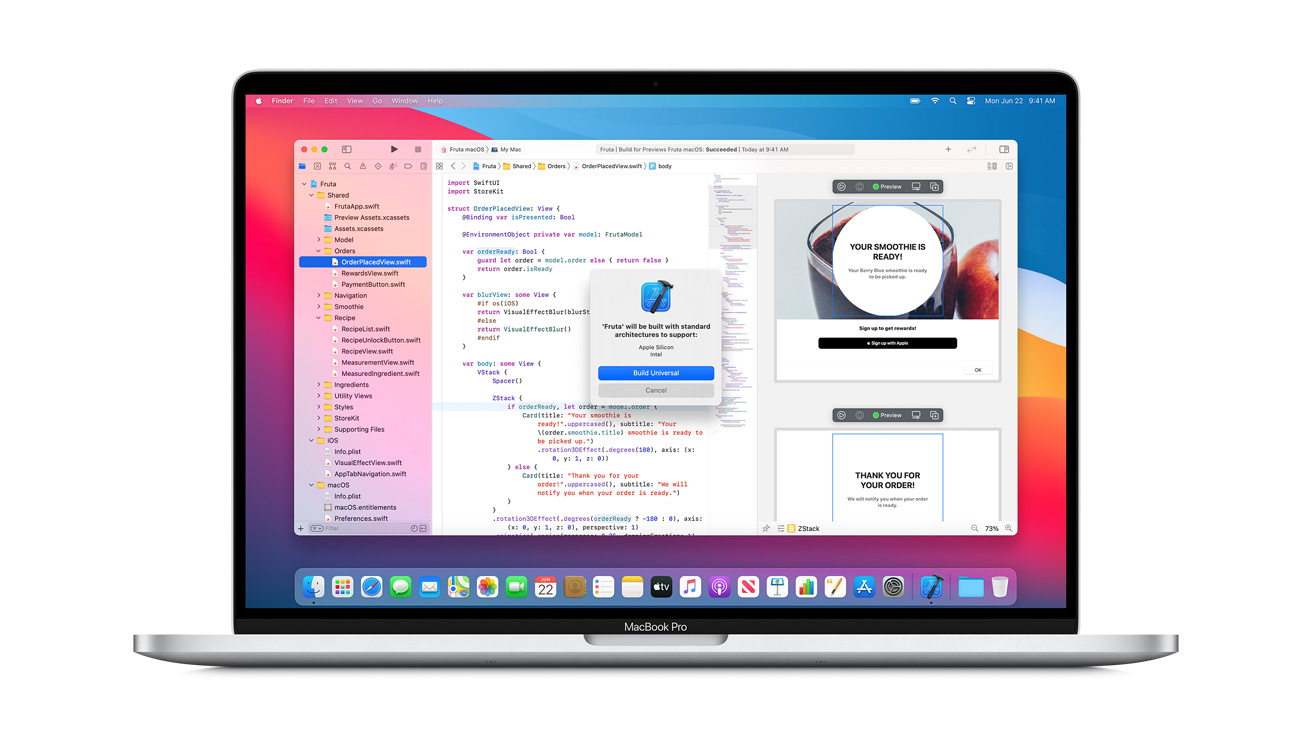
Last year, Apple announced that macs will soon use the Apple silicon instead of Intel processors. The end of a 15 year-long partnership between the tech giants.
Apple unveils new Macs and Apple Silicon

Apple showcased two brand-new high-end MacBook Pros. However, their newest feature was Apple silicon chips and not Intel processors. The new in-house chipset highlights the problems with the Windows ecosystems and the chipsets which are used. Additionally, the new 14-inch and 16-inch MacBook Pros are powered by the M1 Pro and M1 Max. This has hit Intel adversely.
“This does indeed put pressure on Intel. The last thing that Intel wants is for there to be a perception that Apple silicon outperforms its own, especially when speeds and feeds have long been a huge core competency and differentiator for Intel,” said Bryan Ma, the Vice president of Client Devices at IDC. It strikes at the core of Intel’s identity,” he added. Apple’s announcement of the Apple Silicon last year marked the end of a 15 year-long partnership between Intel and Apple.
More on the new chip and Macs
Unlike Intell or AMD’s x86 CPU, the M1 chip uses an ARM-based architecture. Hence, the new chip gives better battery life and increases performance. However, the M1 lacks superior graphic power. But, the brand new M1 Pro and M1 Max are changing the game for Apple. The new processors are a huge upgrade in terms of both CPU and GPU performances/ the M1 Max comes with 10 CPU cores and 32 GPU cores. Whereas the M1 Pro has 10 and 16 respectively. Unlike M1’s 16 GB RAM capacity, the M1 Pro can stretch up to 32 GB and the M1 Max to 64 GB.
“The impact of M1 Pro and M1 Max is pretty significant for Intel as these chips would be one of the key factors for creative professionals to refresh their notebooks from their existing Intel device to an M1 device,” said Mikako Kitagawa. Kitagawa is a research director at Gartner. “I believe Apple tries to control as many components as possible to differentiate themselves and also be in control of the supply chain,” added Kitagawa.
